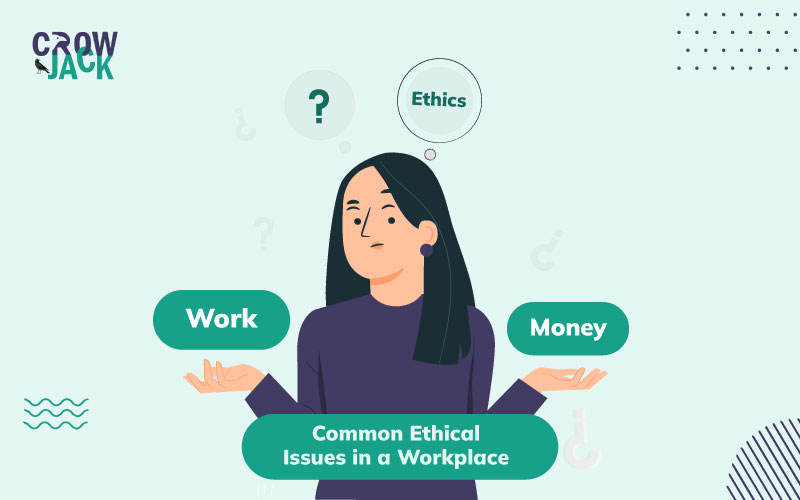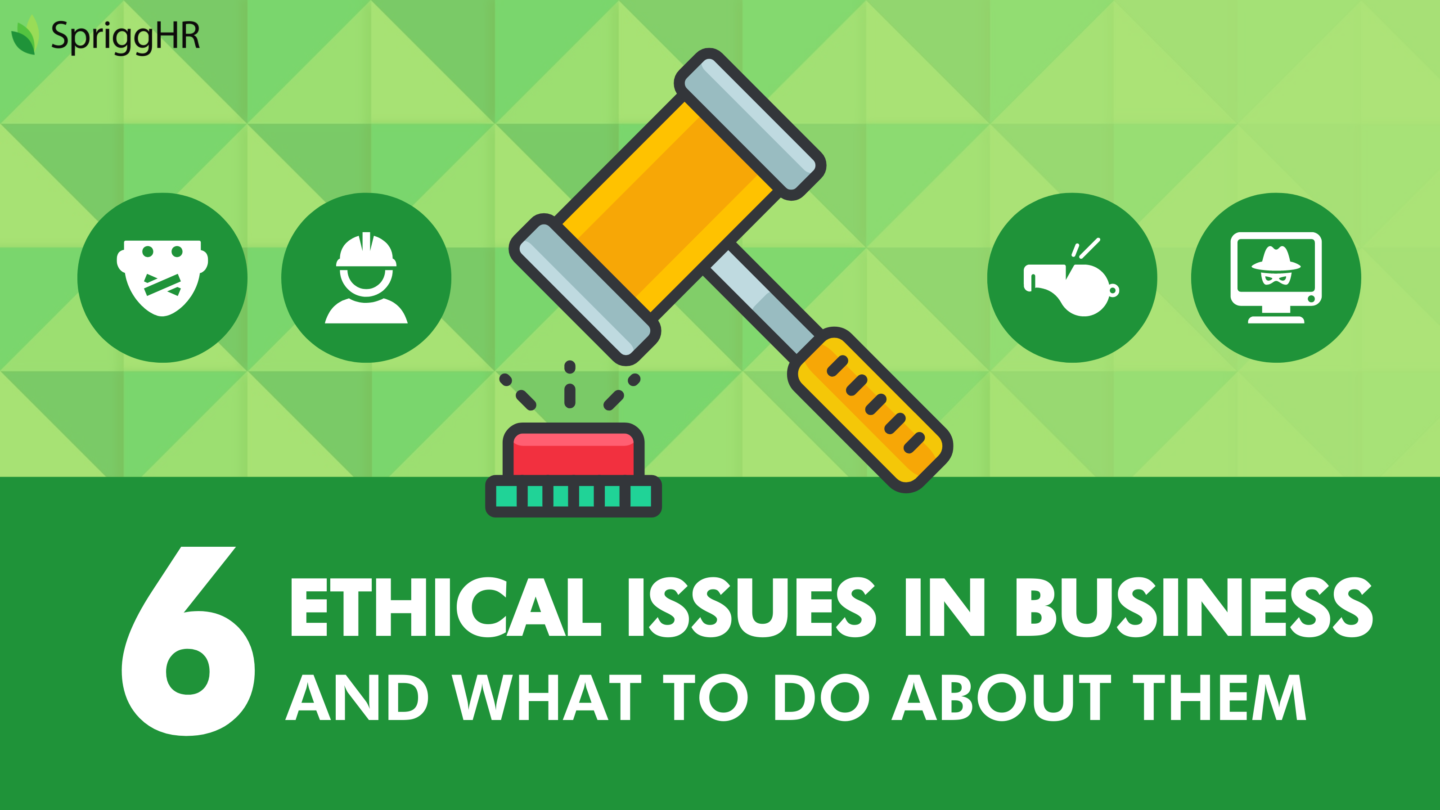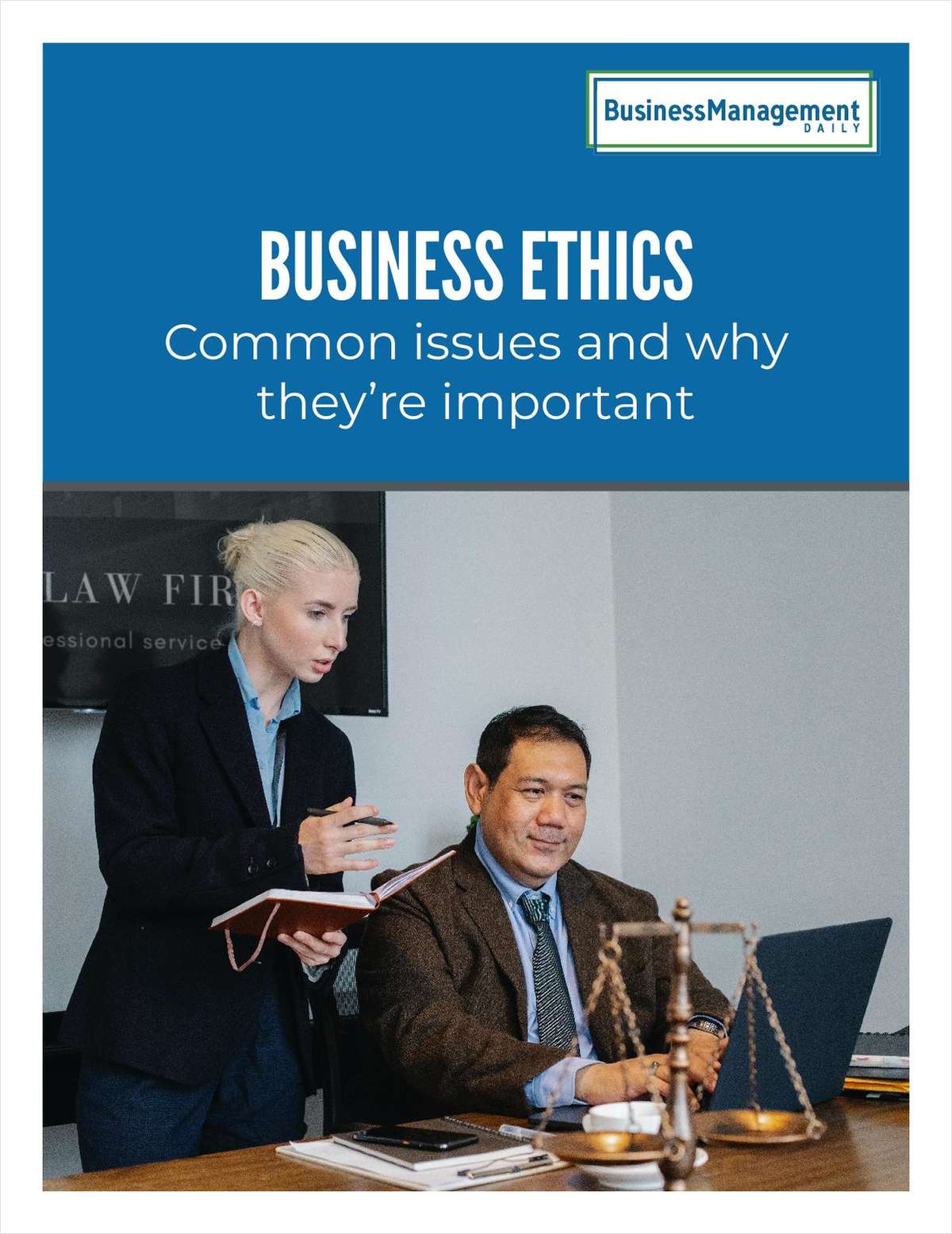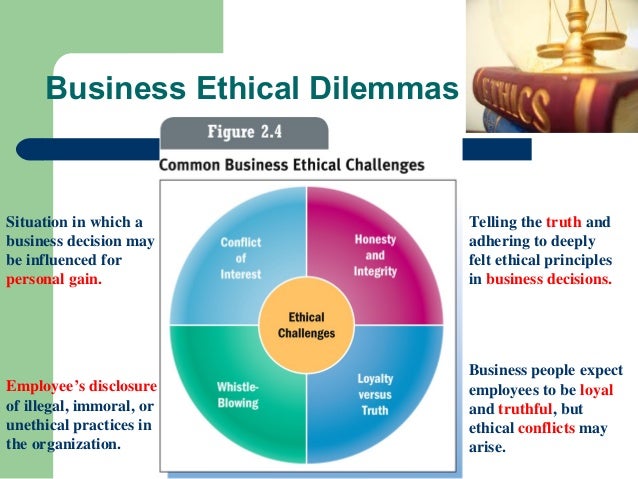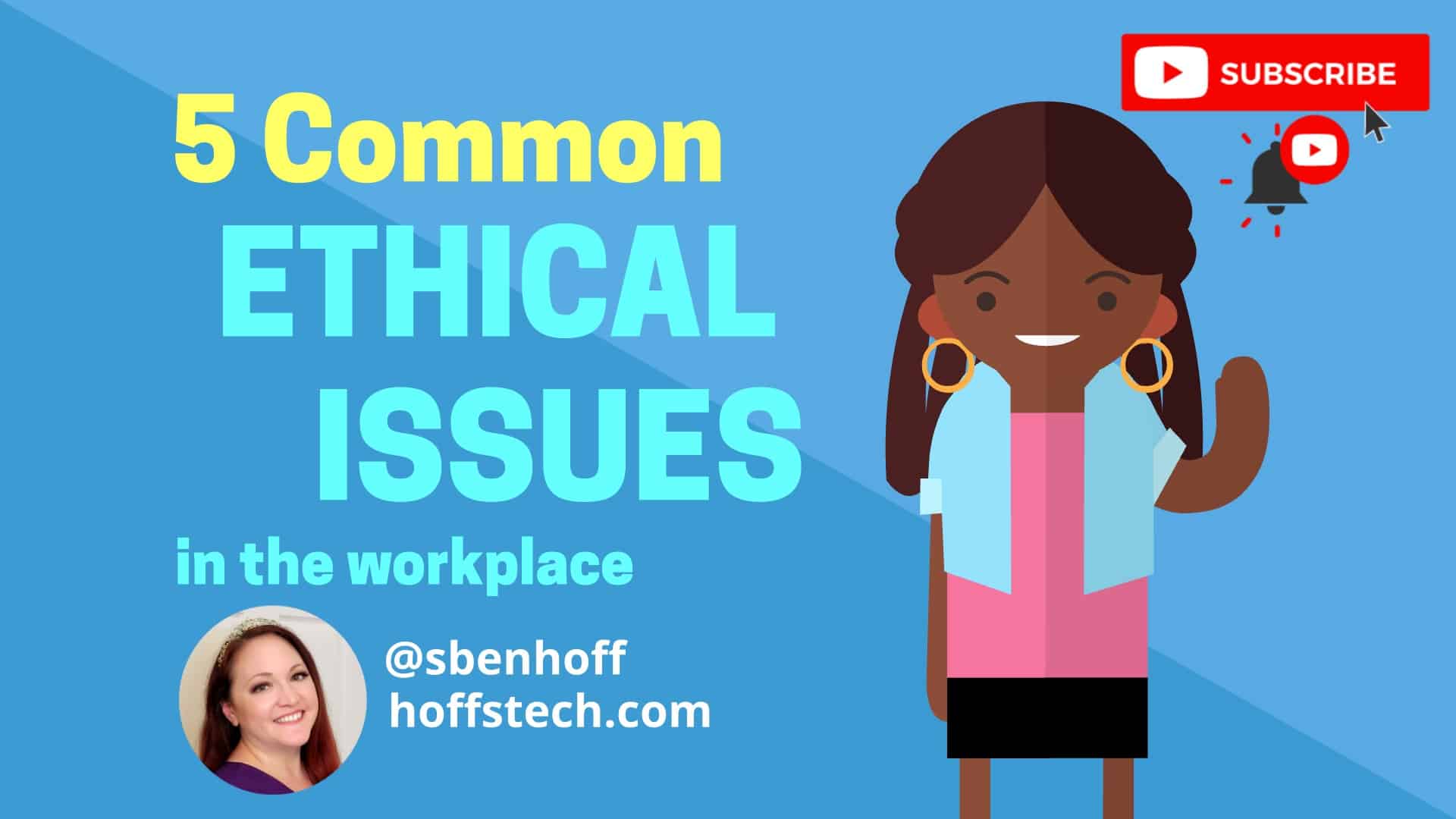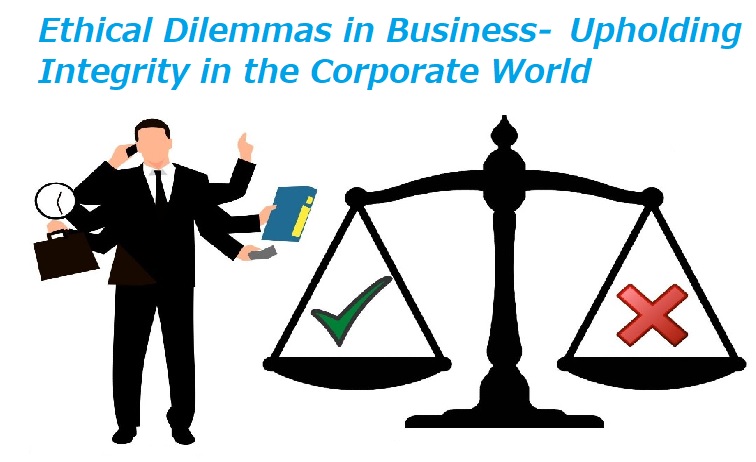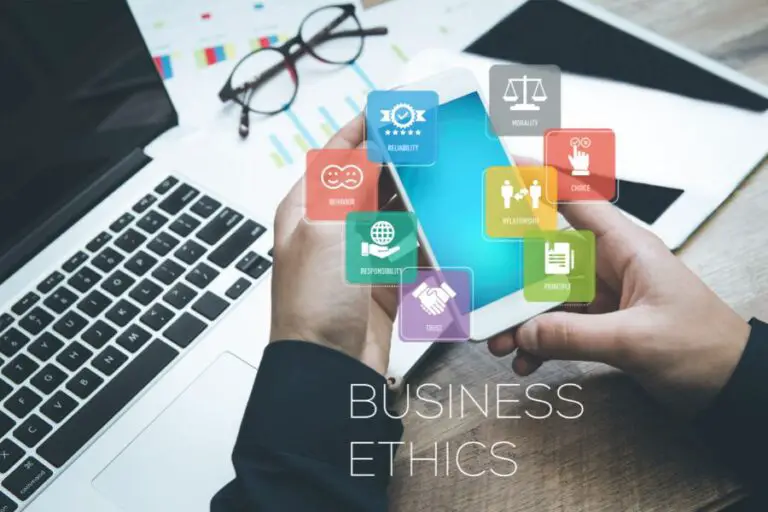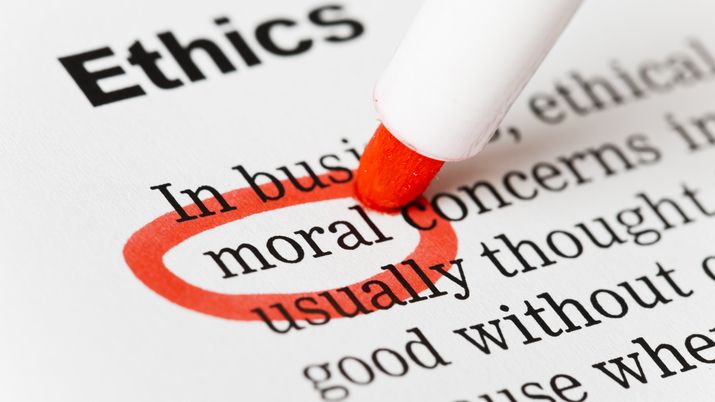Common Business Ethical Challenges
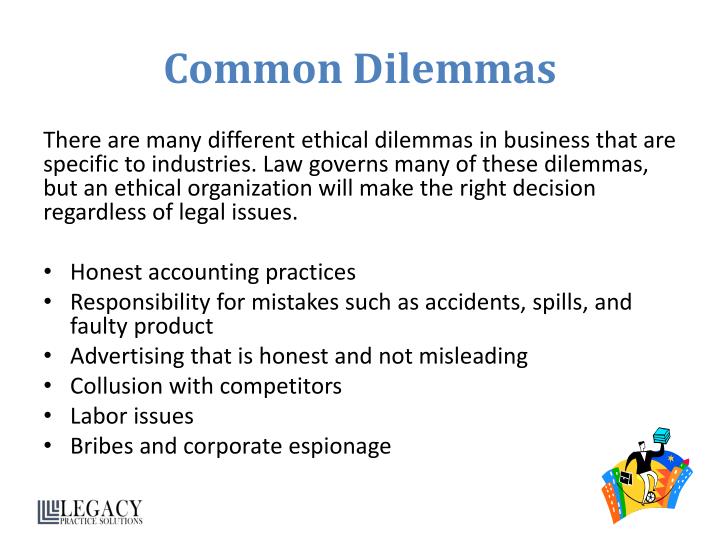
Imagine a bustling marketplace, vendors hawking their wares, customers haggling for the best price. Now zoom in. See that subtle price inflation? That slightly misleading advertisement? That's the world of business ethics – a landscape often painted in shades of gray, where right and wrong aren't always so clear.
This article delves into the common ethical challenges businesses face today, exploring the nuances of moral decision-making in an increasingly complex world. We'll examine the most frequently encountered dilemmas and consider the broader implications for businesses, employees, and society as a whole.
Navigating the Ethical Minefield
Ethical challenges are pervasive in the business world. These issues arise from conflicting interests, ambiguous regulations, and the constant pressure to maximize profits. The consequences of ignoring these challenges can be devastating, leading to reputational damage, legal penalties, and a loss of stakeholder trust.
Conflict of Interest
A conflict of interest arises when an individual's personal interests, or the interests of a related party, clash with their professional duties. This could manifest as accepting gifts from suppliers, using company resources for personal gain, or making decisions that benefit oneself at the expense of the company.
The Institute of Business Ethics consistently highlights conflict of interest as a major concern for organizations worldwide.
Data Privacy and Security
In the digital age, data is king. But with great power comes great responsibility. Businesses are entrusted with vast amounts of personal information, and protecting this data from breaches and misuse is an ethical imperative.
The Equifax data breach of 2017 serves as a stark reminder of the potential consequences of neglecting data security. The General Data Protection Regulation (GDPR) in Europe and similar laws around the world reflect the growing importance of data privacy.
Fairness and Discrimination
Ensuring a fair and equitable workplace is not just a legal requirement, it's an ethical one. Discrimination based on race, gender, religion, or other protected characteristics can create a toxic environment and damage a company's reputation.
Beyond legal compliance, companies are increasingly striving for diversity and inclusion, recognizing that a diverse workforce leads to better innovation and decision-making.
Bribery and Corruption
Bribery and corruption remain significant challenges, particularly in international business. Offering or accepting bribes to secure contracts or gain unfair advantages is not only illegal but also undermines fair competition and erodes public trust.
The Foreign Corrupt Practices Act (FCPA) in the United States and similar laws globally are designed to combat bribery and corruption. Transparency International's Corruption Perception Index provides a valuable tool for assessing the levels of corruption in different countries.
Environmental Responsibility
With growing concerns about climate change and environmental degradation, businesses are under increasing pressure to operate sustainably. This includes reducing their carbon footprint, minimizing waste, and using resources responsibly.
Greenwashing, the practice of exaggerating environmental claims, can damage a company's credibility. True environmental responsibility requires genuine commitment and measurable results.
Whistleblowing
Whistleblowing, reporting unethical or illegal activities within an organization, is a critical mechanism for ensuring accountability. However, whistleblowers often face retaliation and career setbacks.
Protecting whistleblowers and creating a culture where employees feel safe to speak up is essential for ethical governance.
Building an Ethical Culture
Addressing these ethical challenges requires more than just a code of conduct. It requires cultivating an ethical culture that permeates the entire organization. This includes fostering open communication, providing ethical training, and holding leaders accountable for their actions.
Strong leadership plays a crucial role in setting the ethical tone. When leaders demonstrate integrity and ethical behavior, it sends a powerful message to employees.
The road to ethical business practices is not always easy, but it is essential for building a sustainable and trustworthy organization. By addressing these common challenges head-on, businesses can create a positive impact on their employees, their communities, and the world.
Ultimately, ethical decision-making isn't just about avoiding legal trouble – it's about building a business that we can all be proud of. A business that contributes to a better world.




